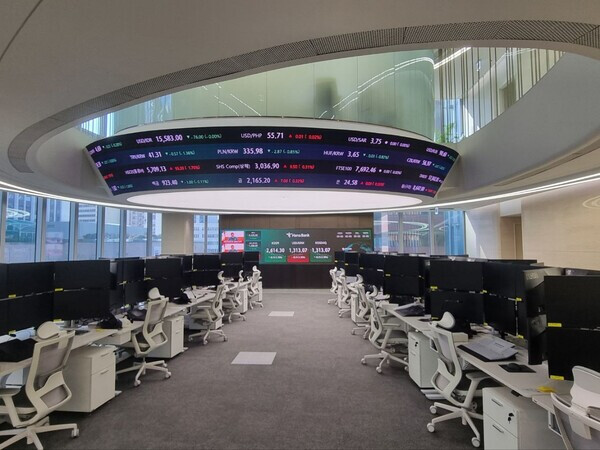
Seoul, South Korea – The Bank of Japan's decision to raise its benchmark interest rate on January 24th has had a stabilizing effect on South Korea’s financial markets, with the won-dollar exchange rate declining and the KOSPI index rising. Unlike the sharp market downturn experienced in August 2022, known as "Black Monday," the latest rate hike has not caused significant volatility, thanks in part to a stronger US economy and market expectations.
The won strengthened against the dollar, closing at 1,431.3 won, a 6.0 won decrease from the previous day. This was largely due to a weaker US dollar following US President Donald Trump's more cautious stance on imposing tariffs on China. The Bank of Japan's rate hike, which marked the highest level since 2008, also contributed to the won's strength.
The KOSPI index closed at 2,536.8, up 0.85%. Foreign investors were net buyers, purchasing 230.9 billion won worth of shares. The KOSDAQ index also saw gains, closing at 728.74.
Experts attribute the relatively muted market reaction to the absence of excessive bearish bets on the yen and the strength of the US economy. Unlike the situation in August 2022, when the market was caught off guard by weaker-than-expected US economic data, the current environment is more supportive of financial stability.
Looking Ahead
While the immediate impact of the Japanese rate hike has been positive, market participants remain cautious about future developments. The upcoming US Federal Open Market Committee (FOMC) meeting, scheduled for later this month, will be a key event. Although a rate hike is not expected, investors will be closely watching for clues about the Federal Reserve's future monetary policy direction.
Additionally, the earnings reports of major US tech companies like Microsoft, Meta Platforms, Tesla, and Apple could significantly influence global markets. Analysts believe that these companies' future outlook and investments in artificial intelligence will be particularly important.
"While a US rate hike is not anticipated, the underlying strength of the US dollar could still create volatility in the won," said Park Seok-hyun, a researcher at Woori Bank. "The future direction of the global economy, especially in terms of technology and innovation, will be crucial in determining market trends."
[Copyright (c) Global Economic Times. All Rights Reserved.]






























